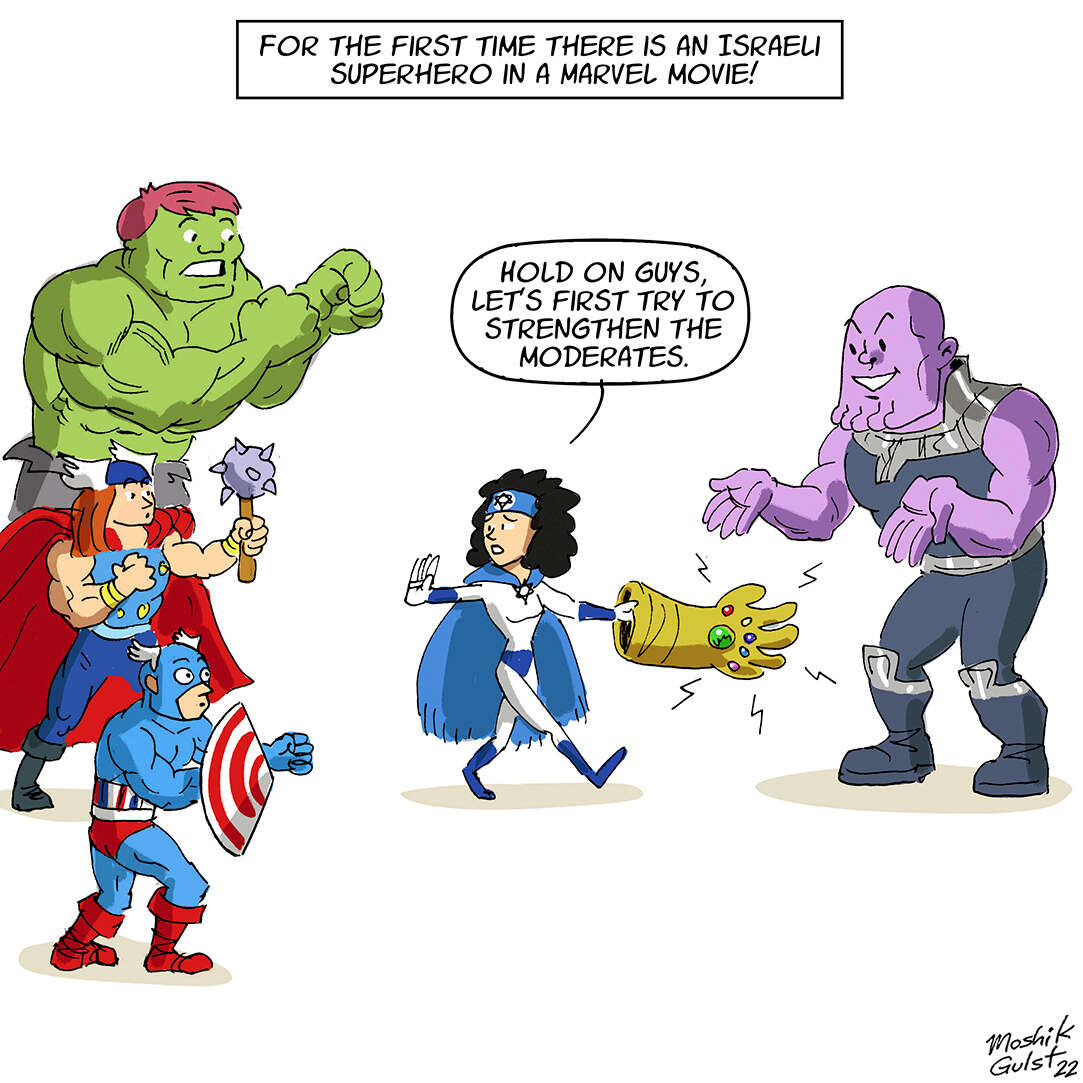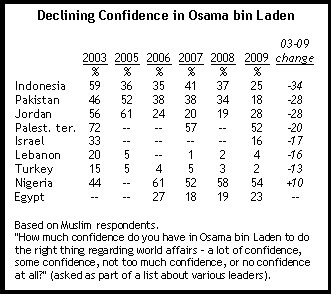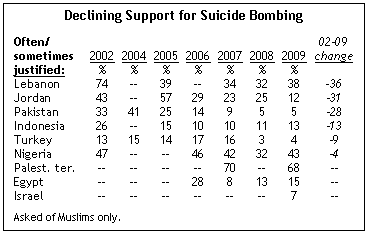Seth Frantzman: 9/11 anniversary marks generational strategic shift
September 11 was the beginning of increasingly brutal attacks across the world all linked to similar extremist ideologies that are rooted in what some term jihadist attacks, or Islamist extremism. When we go back and look at the trajectory of those who planned and executed 9/11 we find a group of men who came from places like Egypt and Saudi Arabia. Many passed through Pakistan to Afghanistan.JPost Editorial: UK's King Charles should visit Israel
Some had volunteered to fight in other places such as the Balkans, or Chechnya. They were men of privilege who saw a world in which law enforcement was fighting terrorist groups and they could exploit that because they had a worldwide network of cells. A decade after 9/11, these groups had shifted to become similar to ISIS. Whether it was Boko Haram in Nigeria or Al-Shabab in Somalia, or groups operating in Thailand, Indonesia, or targeting India and other countries; they had become terror armies and their extremism was reaching genocidal proportions. But they were largely deprived of their ability to execute their designs because governments began to get tough.
Ironically, by the time the US had left Afghanistan, the kinds of groups the US was fighting, like Al Qaeda and ISIS had been defeated. That doesn’t mean they don’t pose a threat. Their threat has shifted.
Where are such extremist groups today?
Extremist groups now operate more on the periphery of the Middle East and exploit weak states in Africa and Asia; rather than threatening the West in the same way Al Qaeda did. That means that where these groups continue to spread terror they do so in places like across the Sahel, or even Mozambique.
Extremist preachers who backed ISIS were more likely to be in Europe, than in the Middle East. Countries are cracking down on the free-wheeling days of the 1990s when too many people thought terrorism was romantic or could justify it so long as it “harms someone else.”
The extremists have also shifted, from desires to fight the West, to sectarian massacres or even fighting amongst themselves. Countries have co-opted them as well, using them, but clipping their wings.
Ankara, for instance, works with extremist groups in Syria, but the understanding is that groups like Hayat Tahrir Al-Sham, which was once linked to Al Qaeda, won’t attack the West. Even the Taliban pretend to want to crack down on groups like ISIS.
This is a major strategic shift in how terror groups operate and how countries confront them. The twin shifts, of generations in the West and the geographic shift of terror groups, represents the major changes that we see this decade as we look back on 9/11.
Queen Elizabeth II was Britain’s longest reigning monarch and her passing will inevitably bring about changes. King Charles, who has waited so long to ascend the throne, presumably has his own ideas of how he sees the role and how to adapt it to the modern era. After a suitable period of mourning, necessary both on the personal and the national level, he will no doubt reveal them to the public and the world. One change, in particular, which will be interesting to watch for is how the new king sees his role as head of the Church of England and Defender of the Faith.Israeli cartoonist says Marvel copied superhero Sabra, he’d sue if he had the means
Israel wants an official visit from a British monarch
Something we in Israel would like to see in the future is an official visit. The queen traveled widely to some 120 countries, including those which were part of the Commonwealth and many that were not. Although she visited Jordan, Egypt and other countries in the Middle East and North Africa, she never set foot in Israel.
In 1994, her husband, Philip Duke of Edinburgh, became the first member of the immediate royal family to come to Israel when he paid a private visit. He came to honor his mother, Princess Alice of Greece, a Righteous Gentile who saved Jews during the Holocaust and who is buried on the Mount of Olives in Jerusalem. Two of the Queen Elizabeth’s sons, Prince Edward and the new King Charles, paid unofficial visits but only in 2018 did her grandson, Prince William, now next in line for the throne, pay an official royal visit, when Israel was celebrating its 70 years of independence. Charles returned in 2020, this time officially, for the commemoration of the 75th anniversary of the liberation of Auschwitz-Birkenau.
It is assumed that the reason the royal family in the past avoided Israel was in large part due to concerns by the British Foreign Office about a possible Arab backlash and maybe also due to resentment over the violence that marked the end of the British Mandate here.
The end of an era also marks the start of a new one. We send our condolences to the Royal Family, the British people and the British Commonwealth, and wish King Charles III the wisdom and fortitude necessary to carry out his duties successfully in challenging times. And we hope to see King Charles III and Queen Consort Camilla visit Israel in their official capacity as the heads of the British Royal Family. They would receive a royal welcome.
An Israeli comic book artist has been getting attention since Marvel’s Saturday announcement that it had cast actress Shira Haas as the Israeli superhero Sabra. He claims the character is based on a superhero he created when he was 15 — although he says he won’t sue the US entertainment giant because he doesn’t have the means.
In 1978, Uri Fink created Sabraman, a comic series about an Israeli superhero whose attire, colors and symbols appear to resemble those associated with Sabra, a little-known character that first appeared in Marvel comics two years later.
Haas, who gained international fame through her starring role in the hit Netflix series “Unorthodox,” will play Sabra in the next “Captain America” film, set in the Marvel Cinematic Universe and titled “New World Order,” according to multiple reports Saturday.
In the comics, Sabra, aka Ruth Bat-Seraph, is a former superhuman agent for the Mossad spy agency who sometimes knocks up against other superhuman characters such as the Hulk and the X-Men. Her powers include super strength and stamina, and her costume often incorporates the Israel flag and the Star of David.
Sabra, in Hebrew “tsabar,” is the local term for the fruit of the cactus (commonly known as a prickly pear). It has long been a term for Israeli-born Jews.
Fink tweeted Sunday morning that he had woken up to countless tags and messages telling him it was “time to sue Marvel and make a lot of money.”
He said his publisher and co-creator David Herman had considered doing just that when Sabra first emerged in 1980, but that Fink convinced him otherwise. He said there was no chance of succeeding against Marvel’s lawyers and that it was doubtful he even had a case, since he doesn’t own a copyright for the word “sabra,” and Sabra’s superpowers were different from Sabraman’s.








.jpg)












.jpg)

























